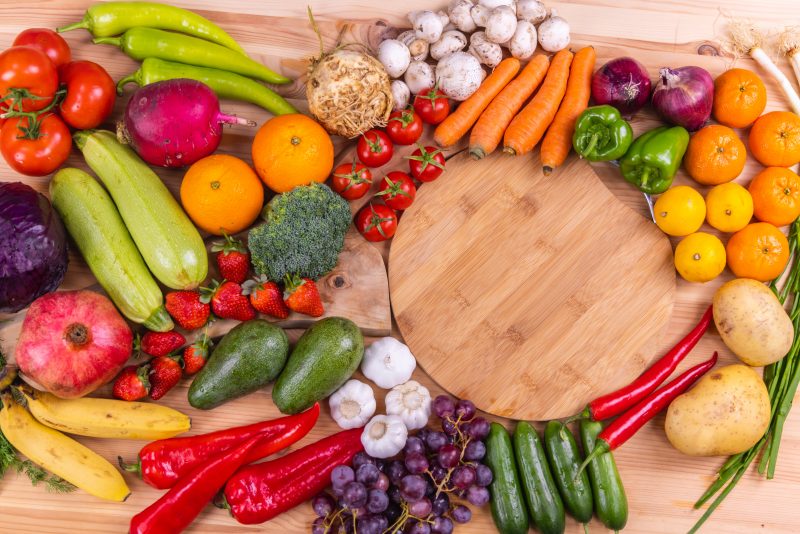
The NEW! Master’s Programme in Nutrition Science: all you need to know
As you may know, my current programme in Nutrition Science will be different from the next year programme. Not only will the duration become two years, there will be also some changes with the old courses and the addition of several courses. So, what are those changes? (Yes! I hear you ask)
To answer those questions, I’ve had an interview with the programme director, Magdalena Rosell, and the assistant programme director, Christine Delisle Nyström. For those of you who consider Nutrition Science in your application, you might find some important details throughout this interview.
Generally, what are the reasons behind these changes?
Magdalena: First of all, there are many advantages with the one-year programme and we are very happy that we can start with a one-year programme at KI.
However, in general, we have actually aimed for a two-year programme because we think it can be more comprehensive and the students can get more foundation in nutrition science. Also, having a two-year programme will be more in line with other programmes as most programmes are two-year programme.
Christine: I completely agree with that. We used to have a two-year programme when it was in Stockholm University, so it has always been our ambition to have a two-year programme again. With a two-year programme, we could expand and provide more knowledge to the students as well as give more basis in nutrition education.
Would you describe what changes (or expansions) will there be in the curriculum?
Magdalena: The four first courses will be very similar but in the next year they will be a little bit longer and of course, we will add more things. For instance, in the first course we will add more about scientific evidence and epidemiology. The second course will also be structured to be more in-depth in molecular and genetic areas as well as the methodology of research in those areas.
Same with the third course, there will be some additional involving diet, physical activity, and statistics. We will also try to integrate statistic in all courses, so that students start already in the first course and build on.
Christine: The fourth course will be separated into two parts: the first part will be 5 credits and the second part is 10 credits. The first part will focus more on the health system and public health nutrition while the second part will be about the same as the current programme with some additions, e.g., how to handle missing data in an intervention study and research implementation.
What are the new courses to be added and what are they about?
Magdalena: The fifth and sixth courses are the new ones. The fifth course will be about nutritional treatment in different diseases from individual aspects. Students will learn how to apply scientific evidence for nutrition therapy for disease management.
Christine: In the last course of the first year, students will be trained in how to communicate knowledge in nutrition, get insight into different careers as well as entrepreneurship.
In the second year, there will be a degree project and elective courses, can you elaborate more on how these two courses will be conducted?
Magdalena: The second year will be very open and as students, you can choose degree projects of different credits.
Christine: Yes, and that will give more opportunity for students to expand their knowledge while doing their degree project. For example, if you choose a degree project of 45 to 60 credits, you can dive into the area that you’re interested in and will have time to do every step in the project as you have the whole year to do that.
Magdalena: For those who choose a degree project of 30 credits, they can do elective courses that count for 30 credits. And this will be very open for the students to learn more within their interest to gain skills in that area.
Christine: We will guide the students to structure their year 2, but the options to do this elective course would be up to the student. It will be done in the first part of year 2 and the degree project will be conducted later in that year.
I hope my interview with Magdalena and Christine can bring some enlightenment for you who target this programme in your application. All descriptions of the courses are available in the programme syllabus. And of course, if you have other questions, I’m just an e-mail away!
Sepriani Limbong - Nutrition Science
Hello! I’m Sepri, a medical doctor from Indonesia. I’m a master student of Nutrition Science at KI. I’m keen to learn about the interplay between diet and health status as well as the role of nutrition both in disease prevention and intervention. I love to study, but in my free time you’ll find me listening to music/podcast/audiobook. As a blogger, I’ll write about my programme, experiences that I have in Sweden, and give you a little snippet of student life. I’m excited to share this journey with you!

0 comments